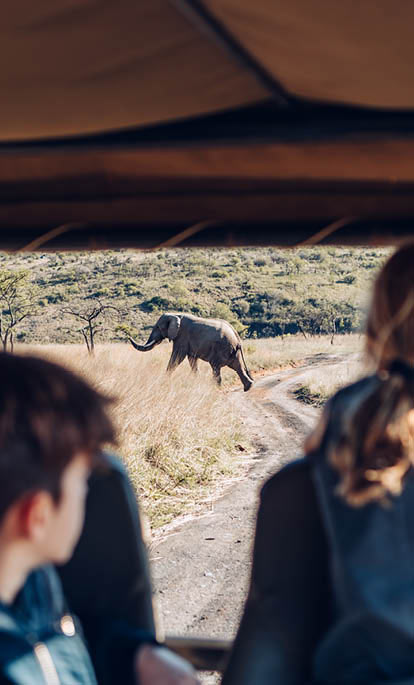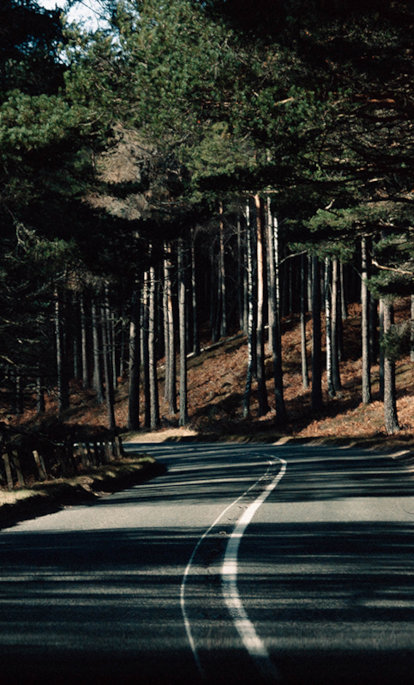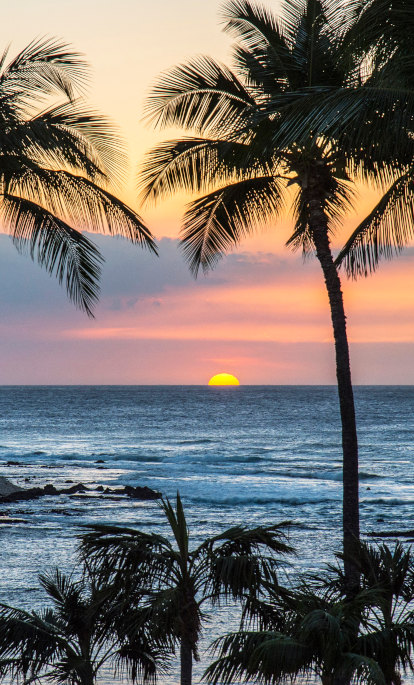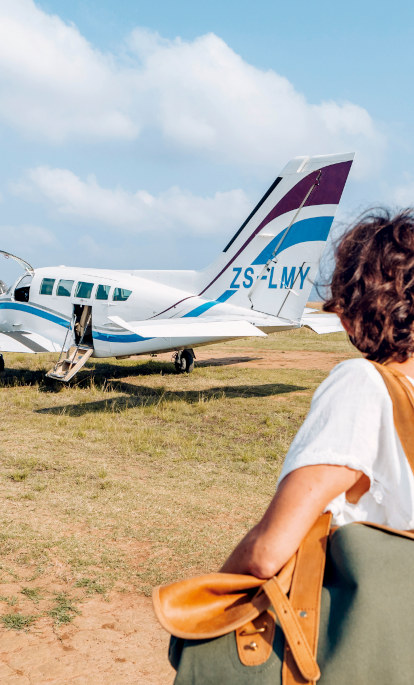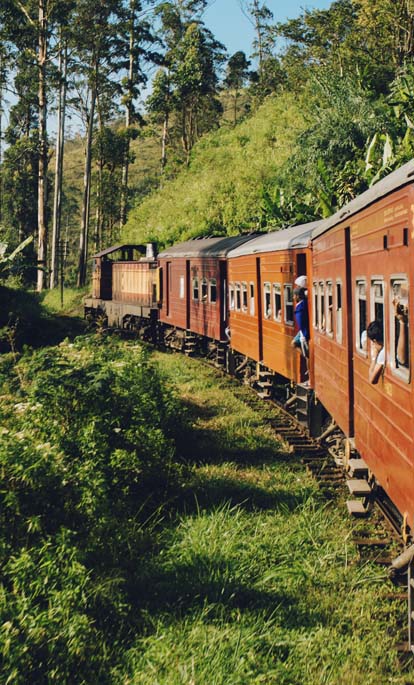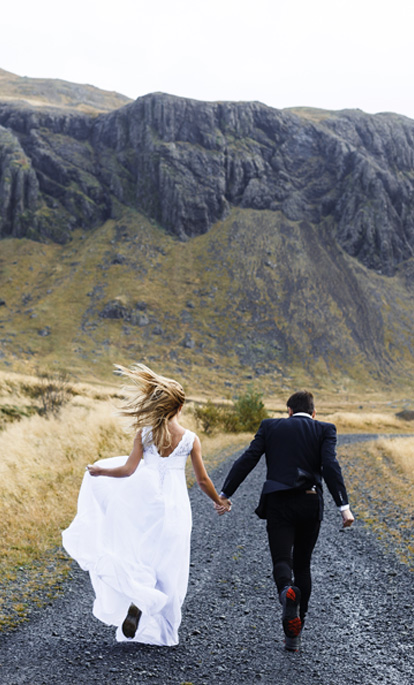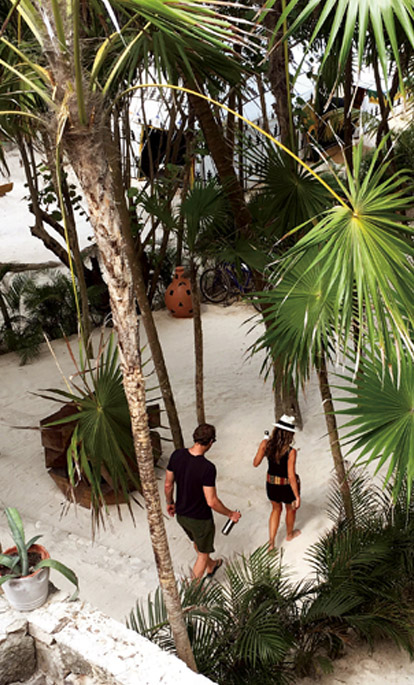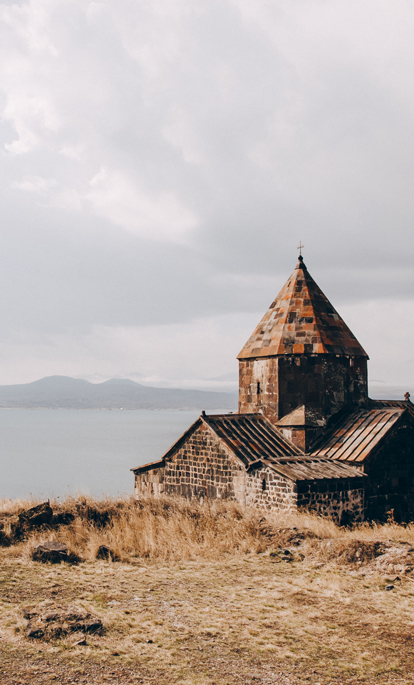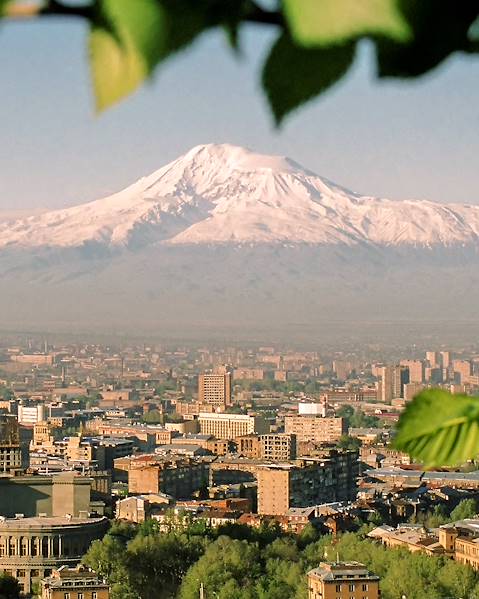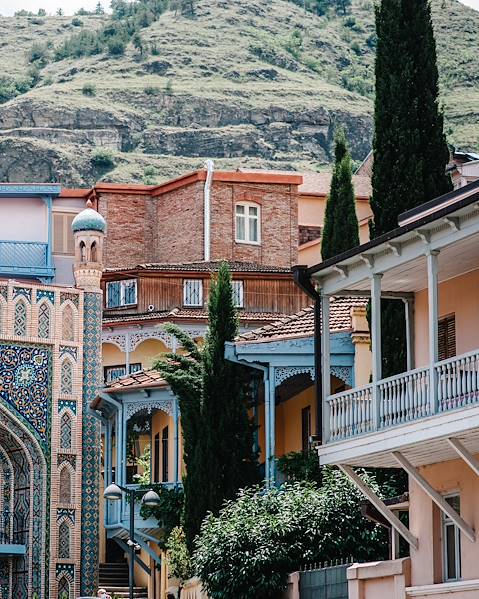Armenia isn’t the most obvious holiday destination, but its storied history and welcoming locals may well be enough to tempt you towards the Eastern European country. Yerevan, the capital, is as bustling as capitals come and contrasts well with the peaceful surrounding countryside. Before you head off, here are some things to know before travelling to Armenia…
Climate & Weather in Armenia
Armenia’s climate is highland continental, with cold winters, warm summers and limited rainfall. The country also experiences climatic variations within different regions, with the more mountainous regions seeing prolonged periods of snowfall during winter. Summer days are generally sunny and highs in the capital reach up to 33°C, while the average during winter is between 1°C and 3°C.
Currency in Armenia
The official currency of Armenia is the Dram. Prices for goods and services may sometimes be quoted in US dollars, but by law payment must be made in Armenian Dram. ATMs are widely available throughout the country and cash can be changed at banks and at Bureaux de changes. Most major credit and UK debit cards are accepted at stores and restaurants in Yerevan but less so outside the capital, so it’s a good idea to exchange some cash in advance or bring an international card to avoid transaction fees on ATM transactions. While tipping is not expected in Armenia, a 10% tip is greatly appreciated if satisfied with your service.
Food & Drink in Armenia
Armenian cuisine is influenced by flavours from the Mediterranean, Middle East and Eastern Europe, combined with fresh ingredients grown locally. Dishes often contain aubergine, grains, herbs, lamb, beef, pork and lavash (flatbread). Some popular recipes include dabgadz banir boerag (flaky puff pastries filled with cheese), topik (chickpea dumplings), basturma (air-dried cured beef), khash (meat broth served with lavash) and shampours (meat and vegetable skewers). Sweet treats include gata (baked sweet bread), ghapama (pumpkin filled with cooked rice, dried fruit, cinnamon and honey) and churchkhelas (candy bars made from walnuts, coated in fruit syrup). Armenia is renowned for its coffee and brandy, while the quality of local wines is also good. Kefir, a drink made of fermented milk, is another popular drink. Tap water is generally safe to drink throughout Armenia.
Transport in Armenia
Buses known as marshrutkas operate between the main cities in Armenia, although they generally leave when full so there is no specific schedule for them. Taking a taxi is another easy and safe way to get around, although be sure to use registered companies and avoid unlicensed street taxis. There is a metro system in Yerevan, which connects most of the capital, while trains also run between some of the larger cities and can take you across the border to Georgia. Renting a car is another option for getting around Albania, however it’s worth being aware that road conditions are poor and can be difficult to navigate in rural regions.
Language in Armenia
Armenian is the only official language of Armenia. The main foreign languages spoken are Russian and English. Other foreign languages common in Armenia include French, German, Italian, Spanish and Persian. Minority languages include Assyrian, Greek and Northern Kurdish. Around 40% of the population speak English, so it’s worth learning some Armenian phrases before travelling in order to communicate with locals.
Etiquette in Armenia
A customary Armenian greeting is to hold hands and kiss on the cheek, although when first meeting someone, Armenians will always shake hands. The official Armenian word for ‘thank you’ is shnorakalutsyun, however many Armenian-speakers will use the French merci and add the term of endearment jan (which can’t be translated, but expresses a tender attitude). There is a strong tradition of hospitality and generosity in Armenia, along with an emphasis on respect towards guests.
Health & Safety in Armenia
Travel within three miles of the border between Armenia and Azerbaijan is not advised due to the ongoing military activity in the Nagorno-Karabakh conflict zone. Crime levels in Armenia are generally low, however there are sometimes incidents of pick-pocketing, bag snatching and theft. Don’t leave valuables unattended, remain vigilant in crowded areas and be sure to have travel insurance for your possessions. Always keep your passport, air ticket and other valuable items in a safe place and report any incidents to the police. Driving is another hazard in Armenia and the local standard of driving is poor, so be aware of this if renting a car and avoid driving outside of cities in the dark.
Things to Bring to Armenia
European adapters, sun cream and sunhats are essentials when visiting during the summer months, while warm clothing and waterproofs are advised for the winter. Insect repellent may be helpful if travelling to forested regions. Comfortable walking shoes are also a must for exploring the cities, as well as rural and mountainous regions.
